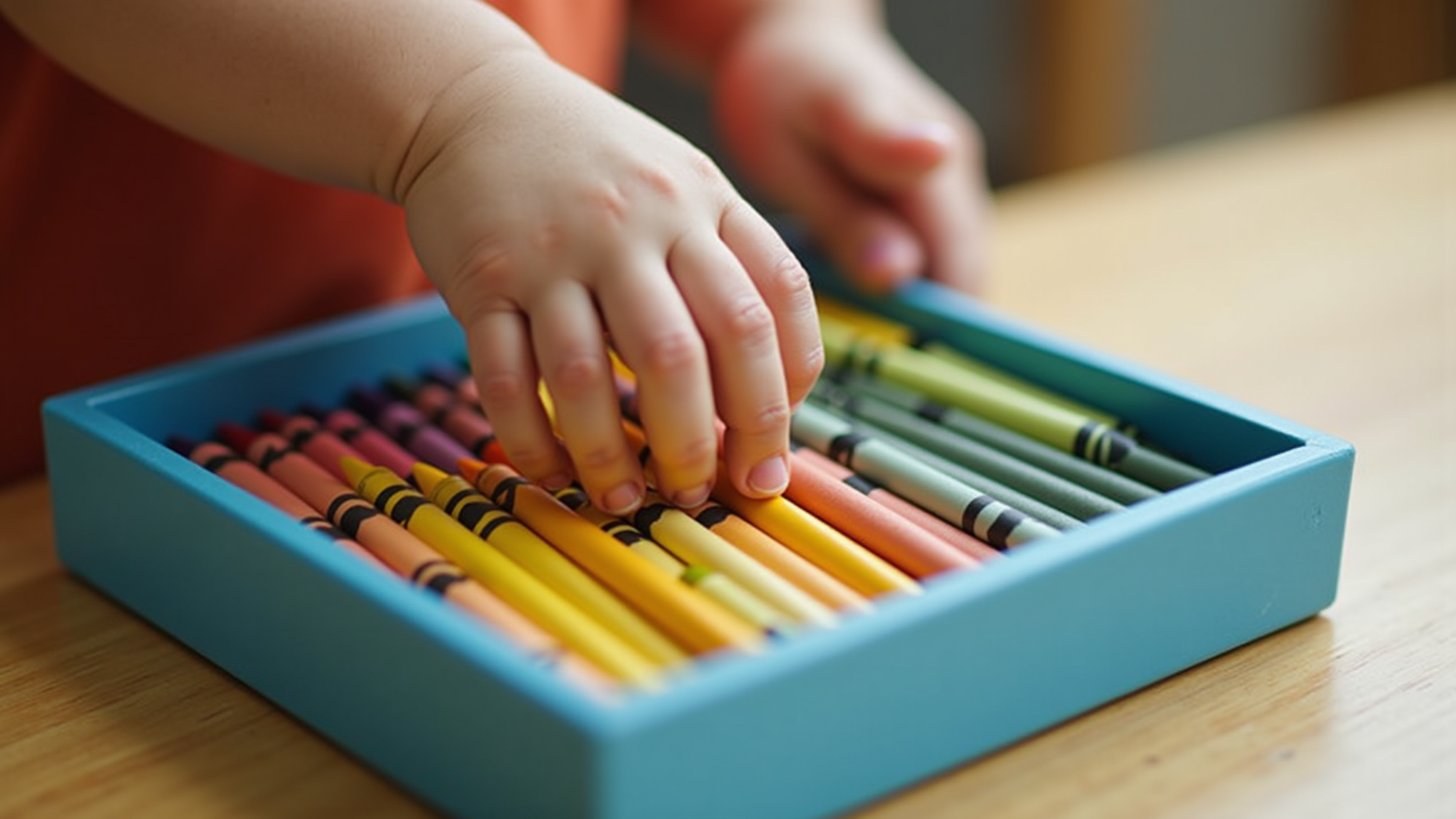Our Mission

Nurturing Young Minds
Brighton Montessori is dedicated to providing a nurturing and inclusive environment for young children in Kansas City, Missouri Area. Our preschool Montessori day care program is designed to spark creativity and curiosity through play-based learning, art, music, and science activities. We believe in fostering holistic development by integrating Montessori techniques and engaging students in hands-on learning experiences. Our commitment is evident through our focus on supporting young children's growth and empowerment.



Our Story
Building Bright Futures
Our Montessori Early Childhood School provides nurturing, child-centered settings for children six weeks through six years of age. The school is committed to building and fostering a community of lifelong learners, using proven Montessori methodology, which has been successful for over 100 years. We focus on assisting children in mastering language, math, and sensorial experiences at age-appropriate levels. We simultaneously nurture the development of conscientious, caring, and compassionate children.
At Brighton Montessori, basic Montessori philosophy is followed; children become their environment; children learn by experiencing; respect for the child and their individual abilities is the top priority. We believe that even the youngest child delights in seeing and mastering how the world works. Our teachers respect each child’s individual interests and abilities. Children acquire an ability to learn which is virtually unlimited; free to explore in prepared environments, and develop a sense of purpose, process, completion, and success.
About Montessori
Encouraging Growth, Creativity, and Exploration
Nearly 100 years ago, Dr. Maria Montessori, Italy’s first female physician, inspired the birth of a worldwide educational movement. Drawing upon her scientific background and clinical understanding, Dr. Montessori observed how young people learned best when engaged in purposeful activity rather than simply being fed information. She recognized that children’s cognitive growth and development required the construction of an educational framework that would respect individuality and fulfill the needs of the “whole child.”
Dr. Maria Montessori believed that no human being is educated by another person. He must do it himself or it will never get done. A truly educated individual continues learning long after the hours and years he spends in the classroom because he is motivated from within by a natural curiosity and love for knowledge. Dr. Montessori felt, therefore, that the goal of early childhood education should not be to fill the child with facts from a pre-selected course of studies, but rather to cultivate his own natural desire to learn.




In the Montessori classroom this objective is approached in two ways: first, by allowing each child to experience the excitement of learning by his own choice rather than by being forced; and second, by helping him to perfect all his natural tools for learning, so that his ability will be at a maximum in future learning situations. The Montessori materials have this dual long-range purpose in addition to their immediate purpose of giving specific information to the child.
(from A Parent's Guide to the Montessori Classroom by Aline D. Wolff)
On the Barbara Walters ABC-TV Special "The 10 Most Fascinating People Of 2004" Larry Page and Sergey Brin, founders of the popular Internet search engine Google.com, credited their years as Montessori students as a major factor behind their success. When Barbara Walters asked if the fact that their parents were college professors was a factor behind their success, they said no, that it was their going to a Montessori school where they learned to be self-directed and self-starters. They said that Montessori education allowed them to learn to think for themselves and gave them freedom to pursue their own interests.
It is quite an interesting collection of people throughout history who have gone to Montessori schools, sent their children to Montessori schools, or supported this method of education in one way or another. The short list includes: Alice Waters, Friedrich Hundertwasser, Julia Child, Gabriel Garcia Marquez, Helen Keller, Alexander Graham Bell, Thomas Edison, Henry Ford, Mahatma Gandhi, Sigmund Freud, Buckminster Fuller, Leo Tolstoy, Bertrand Russell, Jean Piaget, Erik Erikson, John Holt, Ann Frank, the Dalai Lama, Jacqueline Kennedy, Prince William and Prince Harry of the English royal family, Cher Bono, Yul Brynner, Bill and Hillary Clinton, and Yo Yo Ma.
Why Montessori
Our Goals
-
to provide a quality, loving environment for young children, an environment that will enable each child to progress to the best of his/her ability mentally, socially, morally, emotionally, and physically.
-
to give children learning experiences related to their real needs during the critical preschool and kindergarten years, thus building the foundation for a lifetime of creative learning.
-
to foster a love of learning.
-
to encourage self-motivation, self-confidence, self-reliance, and personal competence.
-
to strengthen each child's belief in his or her own human dignity and that of others.